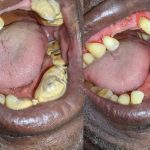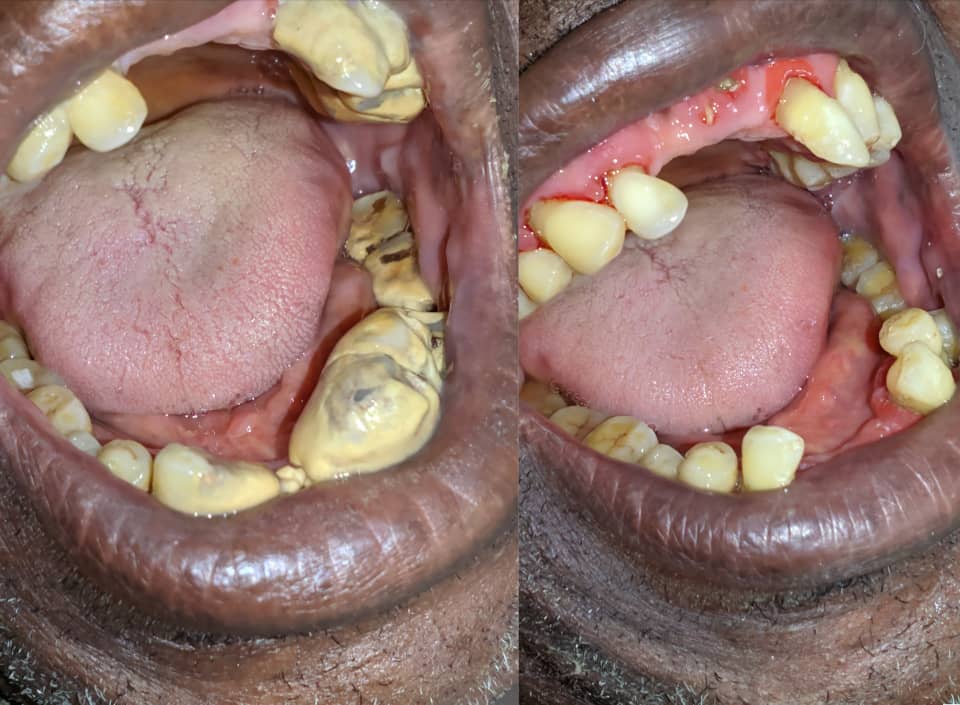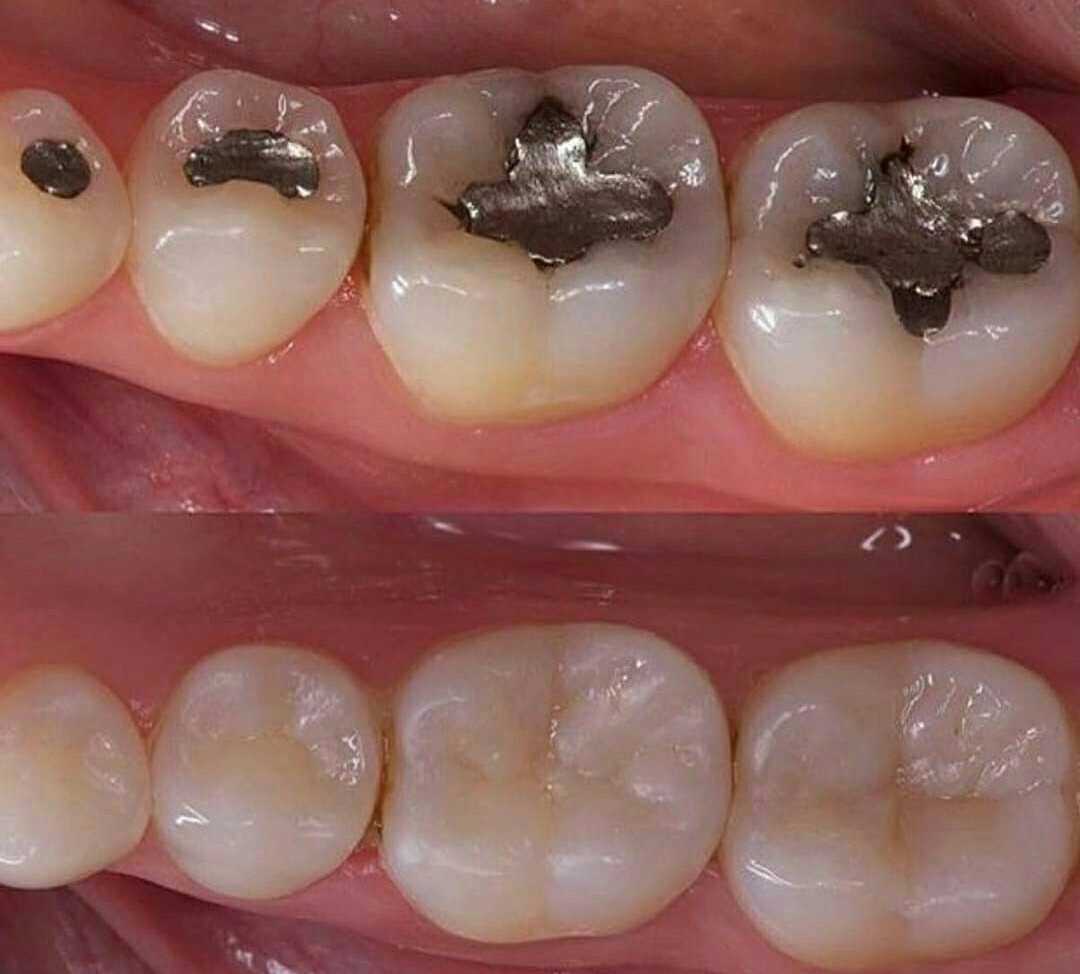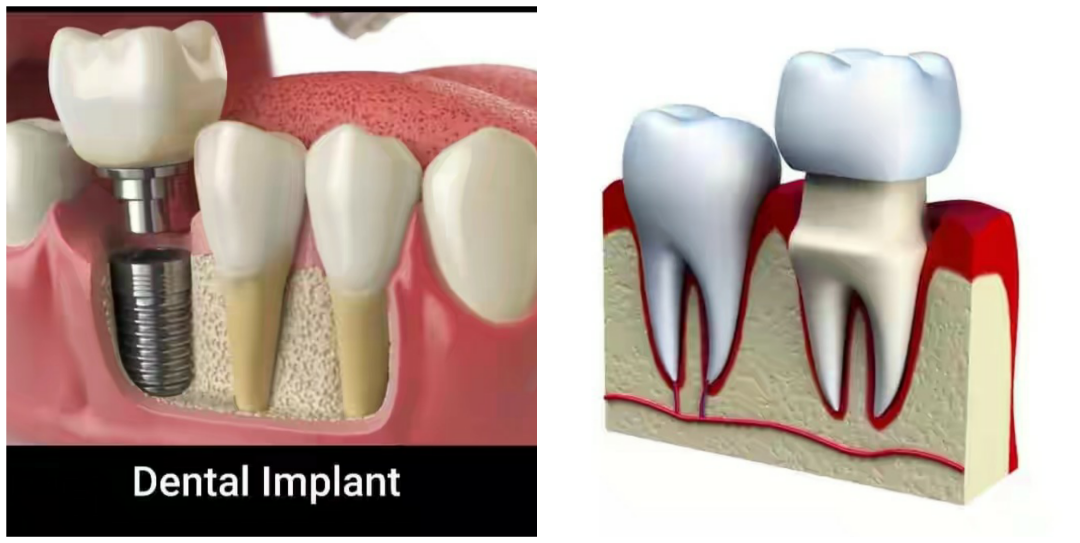Teeth Scaling and Polishing: Indications, Contra-indications, Benefits, Side Effects and Cost
If you were to ask an average Nigerian what he understood by the term scaling and polishing (S & P), you would be surprised at the response you would get.
A lot of patients come into the dental clinic and they tell me “Doctor, I want to wash my teeth”.
The term scaling is the removal of dental plaque and calculus (tartar) from the tooth surfaces or from dental prostheses. These deposits can not be removed by ordinary spray of water or brushing of teeth but by the use of dental instruments, mechanical or electronic (ultrasonic scaler)
Polishing on the other hand is the process of smoothening the tooth surfaces after scaling must have been completed. It involves the use of a prophylactic paste, rubber cup or polishing brush, and a dental hand piece
Who needs scaling and polishing?
Anyone who has gingivitis (gum disease) or periodontitis would require S&P. Also, patients who are susceptible to tooth decay (dental caries) also need regular S&P. It can also be done as a prophylaxis before certain dental procedures like, tooth extraction, bleaching, topical fluoridation, etc.
As for the age range, I have had patients as young as 3 years and as old as 90 years needing S&P. It depends chiefly on the procedure to be carried out (for Prophylaxis) and also on the oral hygiene status of the patient.
Why you need Scaling and Polishing – Indications
1. It prevents tooth decay
2. It prevents gingiva recession (receding of the gum)
3. It prevents tooth mobility
4. It prevents early tooth loss
5. It helps to maintain good breath
6. It restores smile and confidence especially in people with extrinsic stains like cigarette smokers.

Contraindications to the use of Ultrasonic scaler
1. Tooth sensitivity
2. Patients with cardiac pacemakers
3. Patients with communicable diseases ( spread through aerosols e.g Covid-19)
4. Patients with prosthetic joints
5. Asthmatic patients
6. Patients with cystic fibrosis
Contraindications to Scaling and Polishing generally
It is contraindicated in the following conditions;
1. Uncontrolled Diabetes Mellitus
2. Blood dyscrasias
3. Infective endocarditis.
Side effects of scaling and polishing
Reported cases of gum swelling, painful gums and loosening of the tooth are almost none existent is performed by a certified dental surgeon.
How often should one go for scaling and polishing?
It is advisable to have scaling and polishing done every 6 months. This is in order to maintain a good oral hygiene. Brushing and flossing alone will not remove all deposits in the teeth. Scaling and Polishing can only be done by your Dentist and Dental hygienist/Therapist.
COST
The cost varies depending on the hospital. It could as low as #5000 (Government hospitals). Note that private dental practices would charge way more than this.
Source: NDA, WHO
Dr. Erimieleagbon Idogbo (BDS, Benin)























